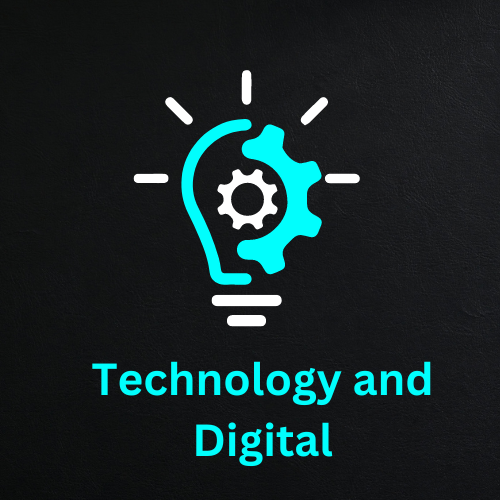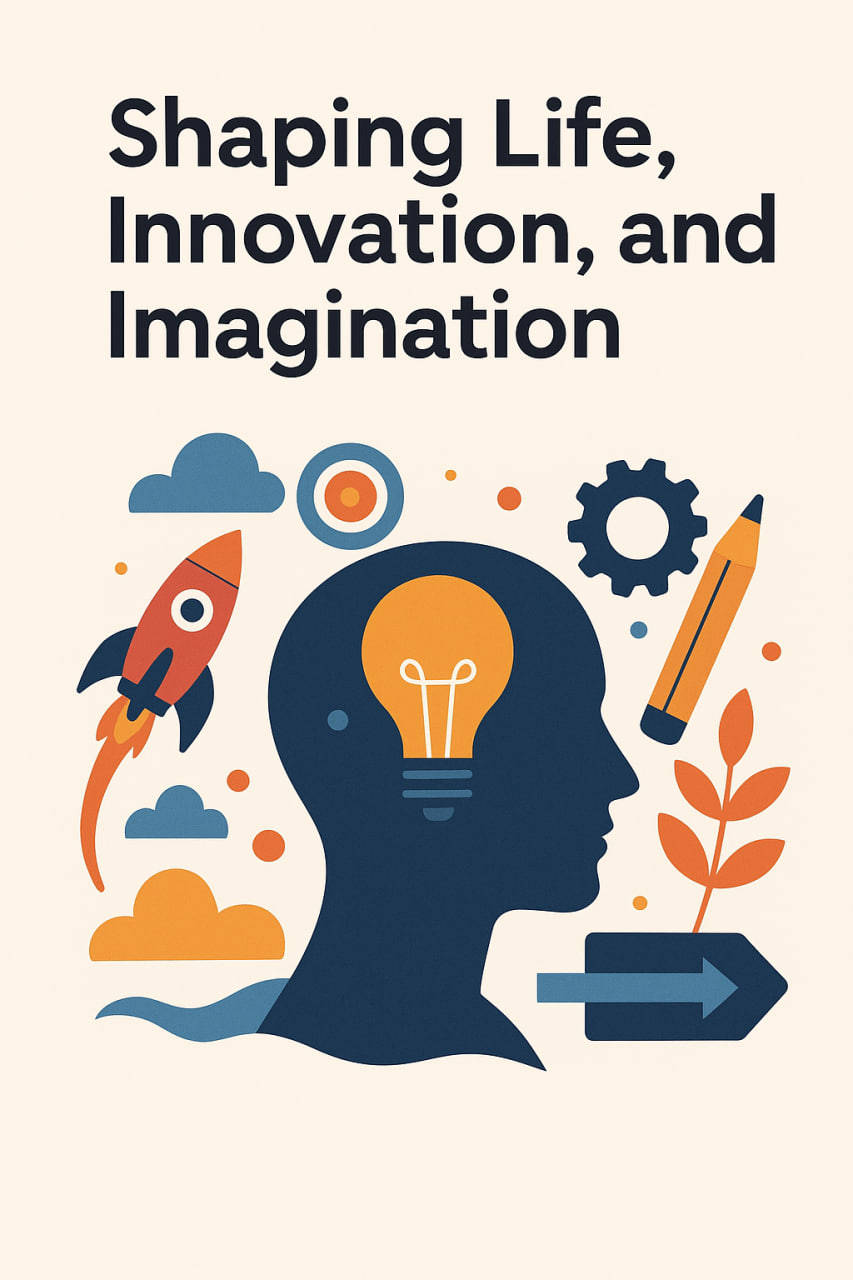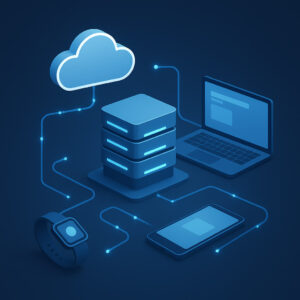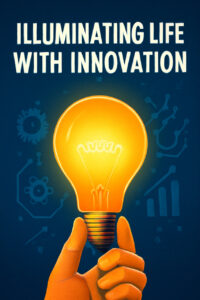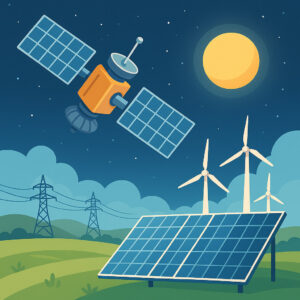Shaping Life, Innovation, and Imagination
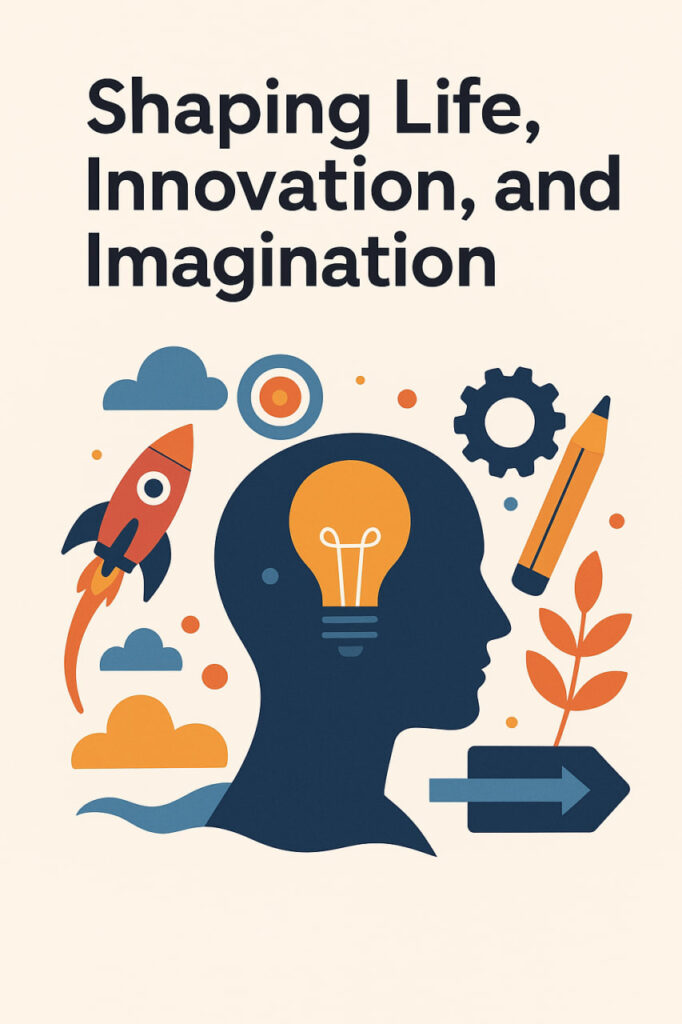
Technology is the silent pulse beneath the rhythm of daily life. In 2025, it breathes through every device, every connection, and every idea, shaping the way people work, communicate, and dream. From AI that anticipates needs to smart homes that harmonize daily routines, technology has become both a guide and a companion, transforming ordinary moments into experiences that feel almost magical.
🌐 Artificial Intelligence: The Mind That Learns
Artificial Intelligence has moved beyond simple automation into an intricate dance with human life. AI now predicts needs, crafts content, and enhances decision-making across industries. Education platforms adapt to each learner’s pace, while healthcare systems analyze data to prevent potential illnesses before they arise.
Practical Tip: Explore AI gradually through personal productivity tools such as smart calendars or automated reminders to experience its benefits without being overwhelmed.
AI raises questions of ethics and privacy, reminding society that technology is most powerful when it complements human judgment rather than replaces it. Responsible integration ensures that innovation serves humanity with care and foresight.
📱 Hyper-Connected Devices: Seamless Everyday Life
The Internet of Things (IoT) has evolved into a network of devices that communicate and collaborate in harmony. Wearables monitor health, smart appliances anticipate needs, and homes adjust to rhythms of daily life. Ordinary routines transform into a seamless orchestration of efficiency and convenience.
Practical Tip: Start with one smart ecosystem, such as lighting or climate control, and gradually integrate more devices to enjoy a cohesive smart environment.
Picture waking to automated blinds, the aroma of fresh coffee, and notifications personalized for the day ahead. Technology quietly orchestrates life’s flow, transforming routine into a graceful, almost poetic sequence of moments.
💡 Sustainable Technology: Innovation with Conscience
As environmental awareness grows, technology in 2025 embraces sustainability. AI-optimized solar panels, energy-efficient appliances, and eco-friendly materials illustrate that progress can coexist with responsibility. Electric vehicles charge intelligently, homes conserve energy, and innovations reduce carbon footprints.
Practical Tip: Introduce small sustainable technologies like solar chargers or energy-efficient appliances to experience practical benefits while supporting the environment.
These innovations emphasize that technology carries both opportunity and responsibility. Each advancement not only enhances convenience but also contributes to a larger ecosystem that sustains life on Earth.
🌍 Digital Collaboration and the Metaverse
Immersive digital experiences are redefining collaboration. Virtual reality (VR) and augmented reality (AR) allow teams to interact globally as if sharing the same space. Designers, educators, and professionals brainstorm, teach, and innovate in shared virtual worlds, merging creativity with efficiency.
Practical Tip: Begin with AR or VR tools for small projects or meetings to explore their potential without disrupting existing workflows.
These technologies foster meaningful connections, spark creativity, and make remote collaboration more tangible and inspiring than ever before.
📊 Data and Insights: Illuminating Complexity
Data is the lens through which society observes patterns, behavior, and opportunity. Machine learning and predictive analytics convert raw information into actionable insights. Businesses forecast trends, healthcare providers anticipate patient needs, and individuals make informed decisions that shape everyday life.
Practical Tip: Start with simple analytics tools to track personal or professional patterns, then explore predictive modeling for deeper insight.
Data is more than numbers; it reflects human behavior, societal shifts, and possibilities. Thoughtful use transforms complexity into clarity, empowering informed decisions that guide both present and future.
✨ The Human Side of Technology
Ultimately, the power of technology lies in its human impact. It connects communities, nurtures creativity, and simplifies life while presenting ethical and practical responsibilities. Thoughtful adoption balances convenience with responsibility, speed with understanding, and innovation with empathy.
From AI’s predictive intelligence to IoT’s seamless integration, sustainable innovations, immersive collaboration, and data-driven insights, technology in 2025 is both companion and guide. It amplifies imagination, enhances efficiency, and transforms everyday life into a rich, interconnected tapestry of experiences.
How is technology shaping your life today? Which innovations have transformed your routines, learning, or work? Explore, adapt, and share insights—every experience contributes to humanity’s collective understanding in a rapidly evolving digital world.
